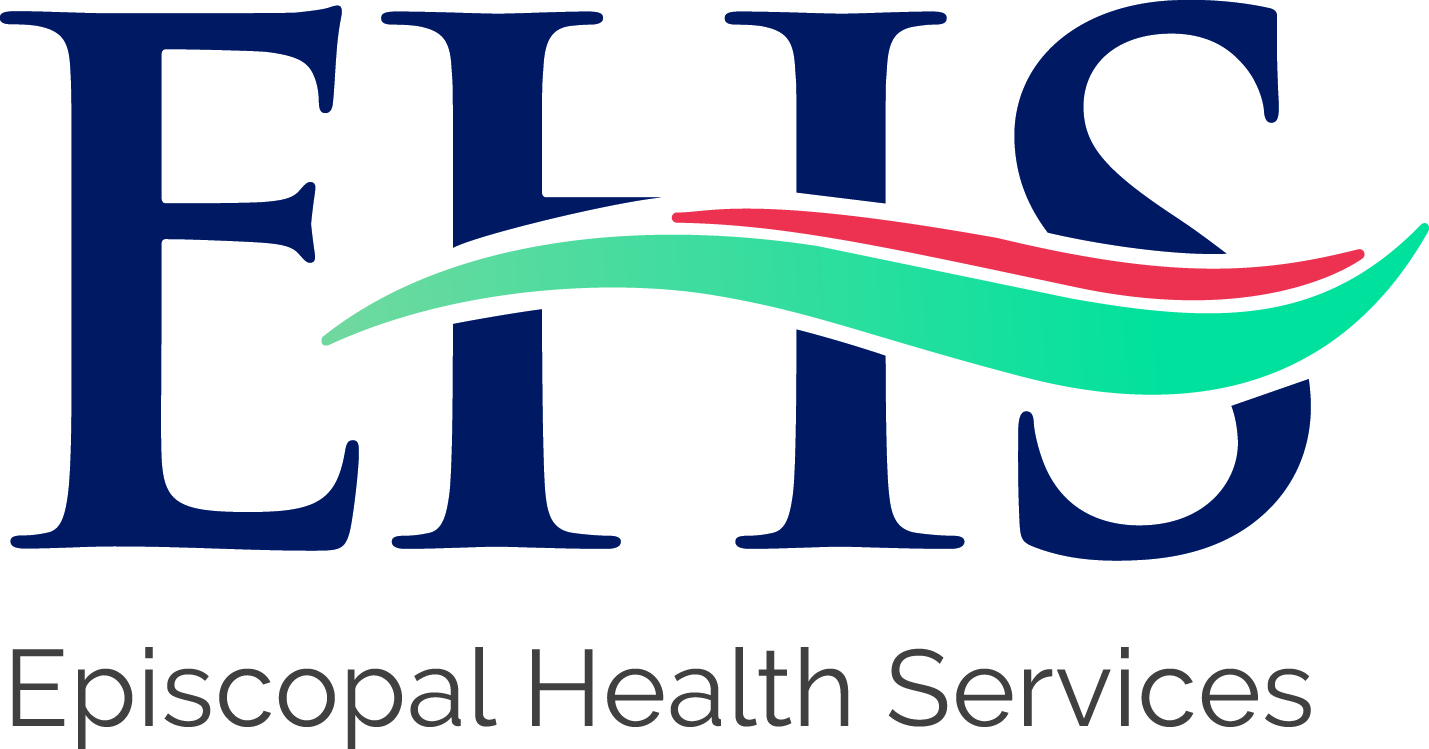Lung Cancer
It is important you tell your doctor if you have any of the signs and symptoms of lung cancer, so he or she may determine their cause and plan treatment, if necessary.
What is Lung Cancer?
The lungs are located in our chest cavity. They are part of the body’s respiratory system, and are responsible for supplying oxygen to the body. Lung cancer occurs when cells in the lungs multiply uncontrollably and is the second most common cancer in both men and women. The two main types of lung cancer are Small Cell Lung Cancer (abbreviated as “SCLC”) and Non-Small Cell Lung Cancer (abbreviated as “NSCLC”). Although SCLCs generally grow faster than NSCLC, SCLCs tend to be more responsive to chemotherapy as compared to NSCLC. NSCLC accounts for the majority of lung cancers (approximately 85%) whereas SCLC accounts for the minority (approximately 15%).
What Causes Lung Cancer?
Lung cancer develops as a result of changes to the genetic material within lung cells. These changes result in the pattern of cell growth and division characteristic of lung cancer. Although the increased likelihood of developing lung cancer is associated with the following factors, in most cases, physicians and scientists are still trying to determine what causes lung cancer to develop:
- Smoking or secondhand smoke exposure
- Personal history of certain cancers
- Family history of lung cancer
- Radiation exposure
- Aging
- Air pollution
- Exposure to asbestos and other carcinogens
- Genetic mutations
- Tuberculosis
How Is Lung Cancer Detected?
Our specialists collect information regarding medical history, surgical history, social history, and family history; conduct laboratory testing, and review radiological studies to approach patient care in the most comprehensive and personalized manner.
If lung cancer is suspected, a doctor will likely order imaging to help arrive at a diagnosis. Imaging might include a CT scan, PET scan, PET-CT scan, or chest X-ray. A CT (computed tomography) scan uses X-rays to generate a three-dimensional picture of the body whereas a PET (positron emission tomography) scan uses a small amount of radioactive tracer to locate any cancer cells by how readily they take up the radiotracer. A PET-CT combines the features of a CT scan with those of a PET scan.
If upon review of your results your doctor notices a mass suspicious for lung cancer, he or she will likely order an aspiration or biopsy in order to make a diagnosis and plan treatment, if necessary.
Signs and Symptoms of Lung Cancer
The following may be indicative of lung cancer but may also be indicative of other illnesses:
- Persistent cough
- Pain in chest and/or other areas of the body
- Change in an existing cough
- A cough that produces blood or more mucus than usual
- Shortness of breath
- Fatigue
- Weakness
- Wheezing
- Raspiness and/or hoarseness in one’s voice
- Abnormal weight loss
- Loss of appetite
- Headaches/Migraines
- Recurrent or persistent respiratory infections
It is important you tell your doctor if you have any of these signs and symptoms, so he or she may determine their cause and plan treatment, if necessary.
Stages of Lung Cancer
“Staging” occurs when a physician uses test and scan results to determine which parts of the body are involved by cancer, in this case lung cancer. Staging is important because different stages of lung cancer are better addressed with treatments which may differ in amount, combination, or type. Staging differs between SCLC and NSCLC.
How Is Lung Cancer Treated?
Treatment of lung cancer, depending on the stage and type, may include chemotherapy, immunotherapy, radiation therapy, and/or surgery. These treatments may be used individually or in combination based on your doctor’s recommendations. It’s important to discuss all of your treatment options with your doctor to help make the decision that best fits your needs. Some important factors to consider when deciding on a lung cancer treatment plan include
- Your age, health, and lifestyle.
- The stage of your cancer.
- Any other serious health conditions you have.
- Your feelings about the need to treat cancer right away.
- Your doctor’s opinion about if you need to treat cancer right away.
- The likelihood that treatment will help fight or cure your cancer.
- Possible side effects of each treatment method.
You may feel the need to make a quick decision, but it is very important to ask questions if there is anything about which you’re not entirely sure. It is very important for you and your doctor to communicate and work together to weigh the benefits of each treatment option against the possible adverse effects in order to ultimately determine which treatment option is best for you.
Our Approach
We understand that a cancer diagnosis can be overwhelming and scary. We build our teams around you. Our expert oncologists will help guide you through this difficult time, answering any questions you may have along the way. We are here for you and will do everything in our power to meet your specific needs and exceed your expectations. If you or a loved one is experiencing symptoms that may be related to cancer, please call us as soon as possible at (855) 528-7322 or make an appointment online.
